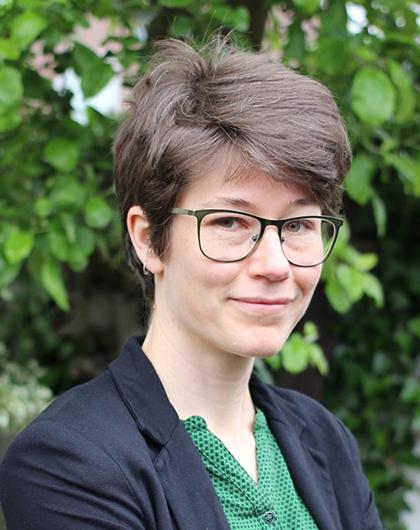Scholars
Ina Maria Möller
Wageningen University and Research
Based in
Netherlands
Europe
Ina Möller is an assistant professor at Wageningen University and Research in the Netherlands. She studies the political dynamics that shape the climate change science and policy interface. Her principal empirical focus is how climate ‘geoengineering’ is becoming part of contemporary policy making, both in the form of carbon dioxide removal and solar radiation management. Other areas of study include the use of climate science in litigation, the impact of global models and scenarios on policy making, and the way in which actors navigate, use and shape environmental regimes.

Country(ies) of Specialty
Germany Netherlands SwedenFocus areas of expertise
Climate policy and politics Geoengineering Net Zero Scientific assessmentsPublications
Articles
Ina Möller. 2023. “The Emergence of Geoengineering: How Knowledge Networks form Governance Objects,” Cambridge University Press (January 2023).
Michael Angstadt & Ina Möller. 2020. “Agency and Norms: Who decides what ought to be?” In Agency in Earth System Governance, Cambridge University Press (2020).
Aarti Gupta et al. 2020. “Anticipatory Governance of Solar Geoengineering: Conflicting Visions of the Future and their Links to Governance Proposals,” Current Opinion in Environmental Sustainability (August 2020).
Ina Möller. 2020. “Political Perspectives on Geoengineering: Navigating Problem Definition and Institutional Fit,” Global Environmental Politics (May 2020).
Frank Biermann & Ina Möller. 2019. “Rich Man’s Solution? Geoengineering discourses and the marginalization of the Global South,” International Environmental Agreements (March 2019).
Aarti Gupta & Ina Möller. 2018. “De Facto Governance: How authoritative assessments construct climate engineering as an object of governance,” Environmental Politics (April 2018).
Fariborz Zelli, Ina Möller, & Harro van Asselt. 2017. “Institutional complexity and private authority in global climate governance: the cases of climate engineering, REDD+ and short-lived climate pollutants,” Environmental Politics (May 2017).


